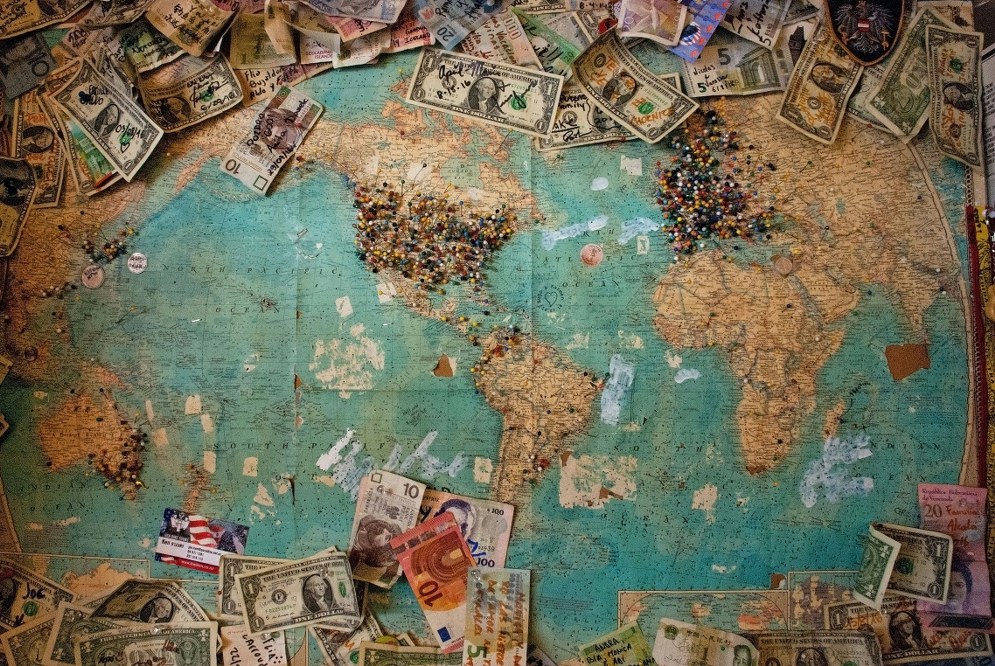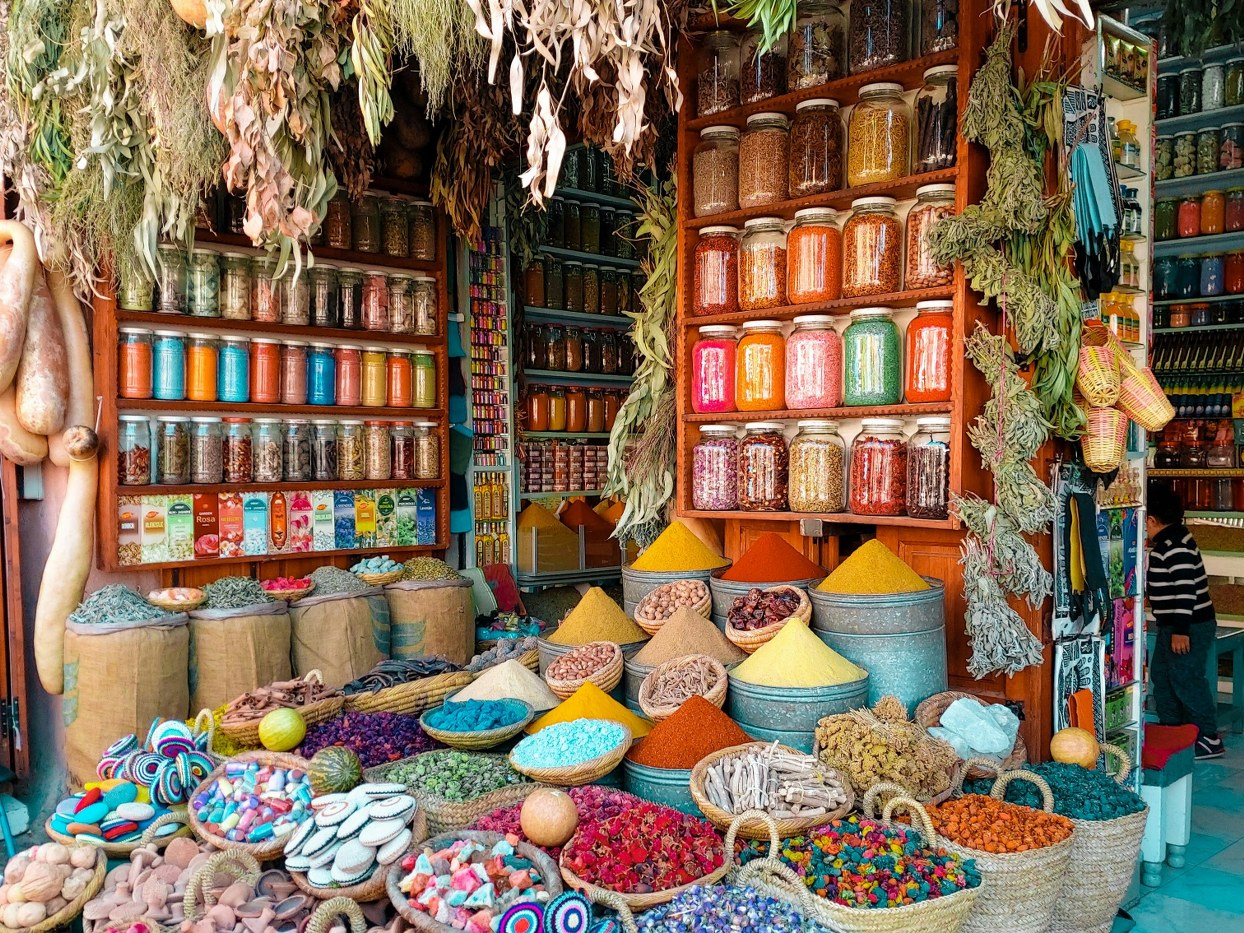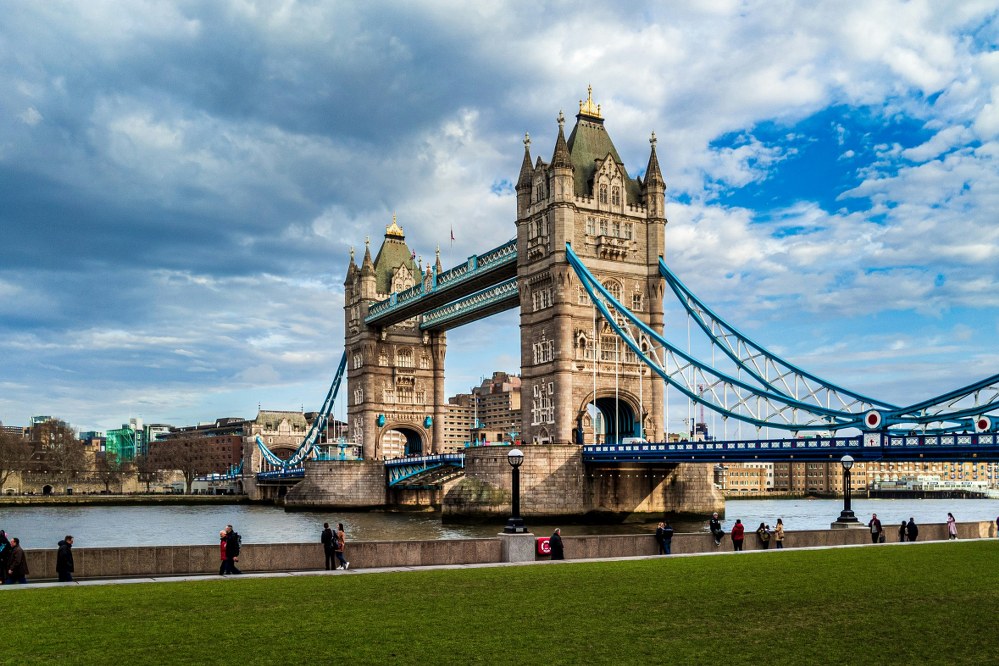I remember travelling in the 1980s. We could only set off in the car for the Continent when my dad secured his traveller’s cheques from the bank. As a kid, traveller’s cheques intrigued me, and I wondered why we couldn’t simply use the ‘normal’ money we used at home. The traveller’s cheque was a mainstay of foreign travel for over 130 years, but its use has been in decline since the 1990s and new travellers cheques are no longer issued.
Romanticism aside: Thankfully, they are a thing of the past, as I can only imagine the markup on the exchange rates my parents would have had to pay for the privilege of using this form of foreign exchange. The steady evolution in payment infrastructure and the associated increase in competition means the traveller of 2024 can access incredibly competitive exchange rates, put their travel money on a special card or even have it posted through their front door. But with more choice comes more decision-making and payoffs based on your choices. Here are some key points to consider if you want to secure a favourable travel money rate:
Exchange Rate Comparison Sites
Travel money comparison sites can now pull data from various providers and then display them in an easy to understand format in real time. For example, Pound Sterling Live’s comparison service shows that the best euro currency rate for travel is currently a mere 40 pips away from the actual market rate (pips are the decimal amounts of an exchange rate, so this is a good thing!) . So, if you want to know which payment method and which provider gives you the best travel money rate at that moment, go to a travel money comparison site.
How to Use Your Card Abroad
Nowadays, for most destinations, simply taking your bank card along will see you through your holiday. Yet there are some important points to note:
When using your card at a foreign payment terminal or ATM, you are usually asked whether you would like to draw your holiday money in the local currency or the equivalent in your home currency. For example, in Europe, you would be asked if you would like to take a EUR amount or a GBP equivalent amount. Never select your home currency because this will utilise the Dynamic Currency Conversion protocol! This protocol allows the local ATM owner to do the conversion for you. The exchange rate can be exorbitant. But, if you select to draw in the local currency (in this instance, EUR), your card issuer will do it for you. If it is a VISA card, the local currency will come at VISA’s exchange rate, which is competitive and transparent.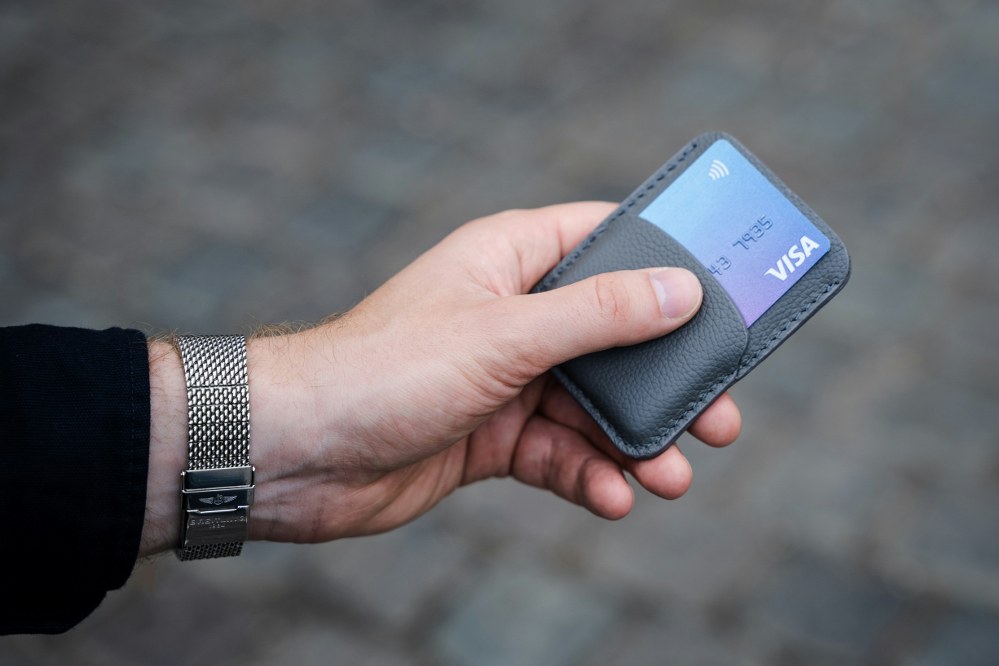
Use a Travel Currency Card
I travelled to Bali in 2023 and thought I would be OK using my bank card, knowing what I do about the pitfalls of using an ATM that I have just mentioned. However, when at the local ATMs, I was disappointed to see I wasn’t offered the chance to select the GBP amount or the local amount. This suggests there was only a Dynamic Currency Conversion on offer.
It pays off to do some research and have a packing list for travel to make sure you arrange holiday money in good time before leaving to the airport. I could have arranged for a pre-paid card, which comes pre-loaded with Rupiah, and purchased at a competitive rate in advance. I could have then used it as I would a domestic bank card, with no fees or pitfalls to worry about. That said, always brush up on the terms issued by the service provider, as most still charge a small fee on transactions.
Order Cash in Advance
Some say, we no longer need to travel with cash as electronic payments are fast becoming the norm in most countries, but this view is wide off the mark:
Some countries don’t have the payment terminal penetration that is enjoyed in the UK and other comparable countries, such as Australia. For example, when visiting my in-laws in Germany, cash is always useful as this is still a cash-favouring society by nature. Wherever you travel, keep in mind the initial journey from the airport to your hotel, as you will likely be paying for taxis, train tickets and tipping helpers in cash. I find there’s nothing more awkward than not being able to tip because you don’t have cash.
Don’t Buy Travel Money at the Airport
Airports are notoriously poor value when it comes to buying holiday money. Travel exchange rates are extortionately unfavourable because, by this stage of the journey, the Bureau de Change knows, they have a captive audience with no alternatives to buying currency before the flight takes off. The provider usually has a monopoly in the venue, and, of course, renting retail space in a terminal is very costly, meaning they have huge overheads that must be covered by extracting scarcely believable exchange rate margins.
So, if you want a good travel money rate, get your cash delivered at home. However, if you have run out of time or are nervous about relying on the post, order your cash with the FX provider at your airport terminal, you will find their rates are far better when booked for pickup. And, of course, there are a number of high street Bureaus de Change that allow for pickups, all offering different rates, which brings me back to the main point of this article: shop around.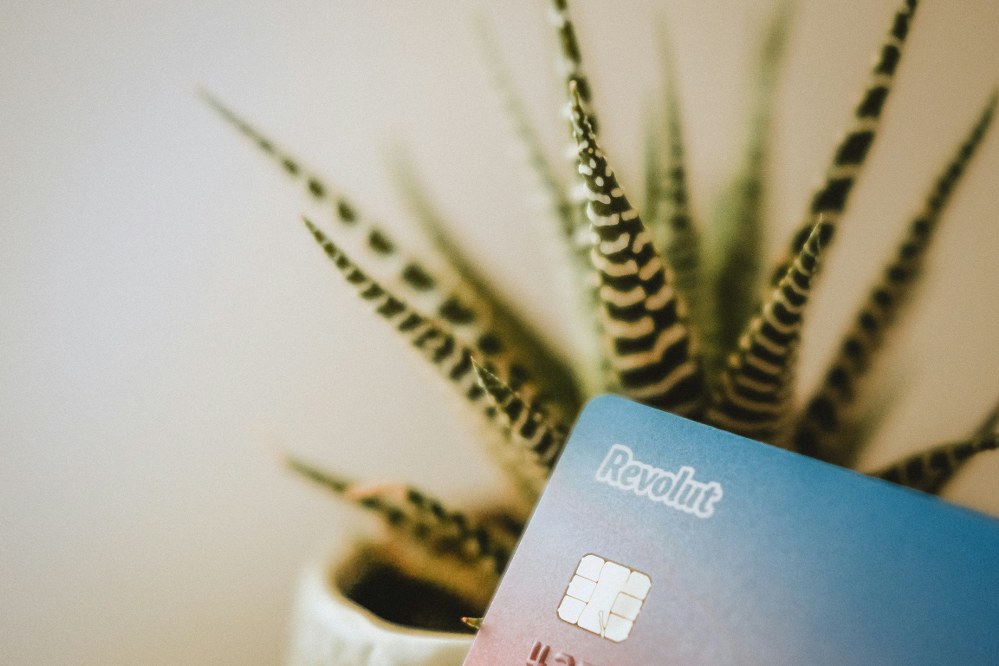
Wherever your next family or solo holiday takes you, make sure you do a little research before setting off to the airport to ensure you get the best travel money rate. Having more than one means to pay is wise too, as it’s not always easy to find out which payment methods are accepted by which providers in your chosen destination.
The author:
This article has been written in cooperation with Gary Howes from Pound Sterling Live.

